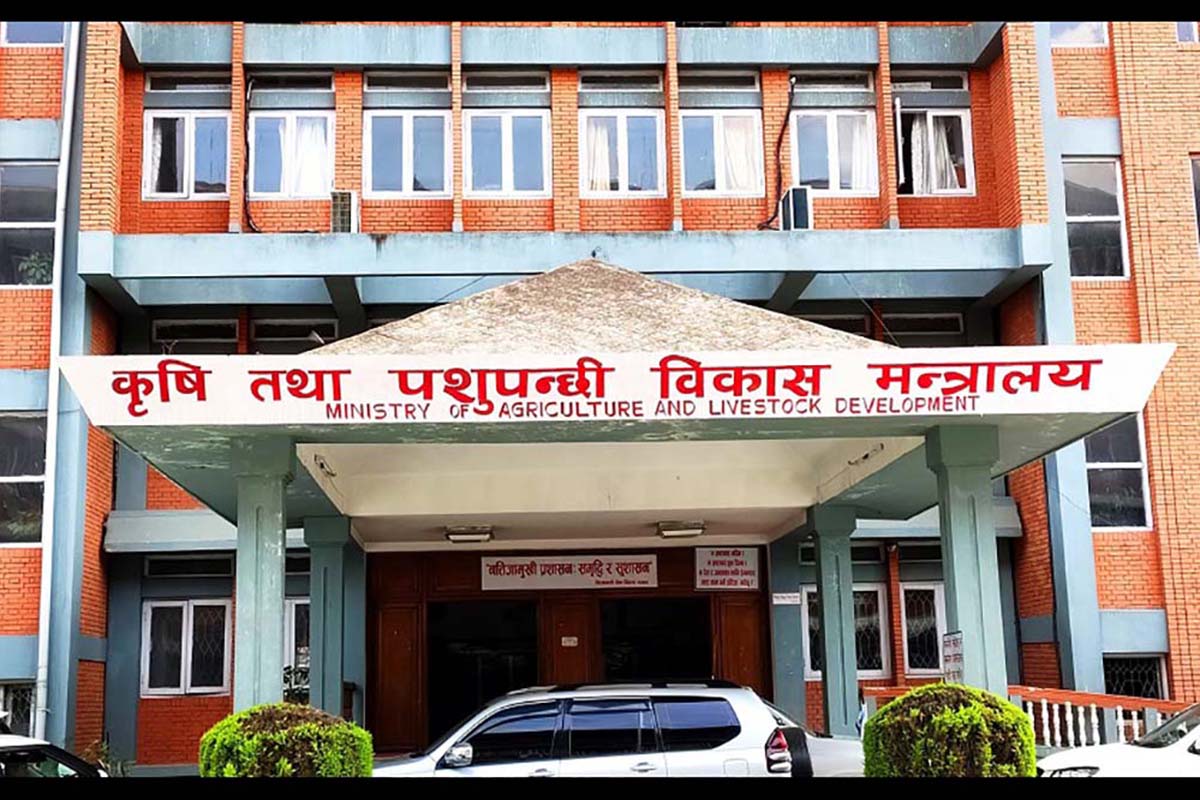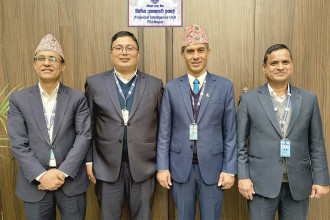
KATHMANDU: Nepal Livestock Sector Innovation Project (NLSIP), a World Bank-financed initiative under the Ministry of Agricultural and Livestock Development (MoALD), successfully completed its six-year term.
Over 235,000 individual farmers, including 42% women, and approximately 1,400 producer organisations directly benefited from the project. NLSIP focused on enhancing productivity, value addition, and climate resilience for smallholder farms and agro-enterprises in dairy, goat meat, and Chyangra fibre value chains across 289 municipalities in five provinces (Koshi, Madhes, Bagmati, Gandaki, and Lumbini). The project also strengthened regulatory and institutional capacities, modernised service delivery, and promoted genetic improvement in livestock.
NLSIP played a pivotal role in formulating the National Animal Health Policy and National Livestock Breeding Policy, both approved by the Cabinet in 2022. Additionally, draft legislation includes the Infectious Animal Disease Control Act and Animal Welfare Act.
The project significantly reduced animal mortality due to Foot and Mouth Disease (FMD) and Peste des Petits Ruminants (PPR) by 63% and 88%, respectively, since 2018. This safeguarded farmers from substantial financial losses. NLSIP also established seven cold rooms strategically located across the provinces, capable of storing 5 million vaccine doses. These cold rooms serve as provincial vaccine banks, benefiting livestock and poultry health and public health emergencies like Covid 19 pandemic.
For genetic improvement, NLSIP strengthened the National Livestock Breeding Office, importing six bulls from the United States to enhance livestock breeds and milk production. The Pedigree Performance Recording System (PPRS) further supported the national breed improvement program.
Promoting inclusive value chains, the project provided matching grant support to 446 sub-projects, requiring a 20% equity investment and 30% third-party financial institutional loan. Notably, the Pashmina Processing Facility became operational for the first time in Nepal with project support.
Additionally, NLSIP bolstered market linkages through 54 infrastructures, including livestock markets, Livestock Service Centers, and seed processing facilities.
Speaking at the closing ceremony of the project on Friday, Minister for Agriculture and Livestock Development, Jwala Kumari Sah, emphasised the importance of institutionalising the achievements and results in agriculture and livestock development. Given that the Government of Nepal has already declared the 'decade of agriculture' starting this year, Minister Sah underscored the need for all three tiers of the government to integrate the project's outcomes.
Minister Sah highlighted the challenge of developing skilled human resources in the agriculture sector. Climate change, mechanisation, and intensive agricultural practices necessitate a workforce equipped with the necessary qualifications. She urged the government to prioritise this critical aspect across federal, provincial, and local levels.
Agro-businesses often face market fluctuations, impacting their sustainability. To address this, Minister Sah recommended that the government formulate policies aimed at safeguarding and promoting farmers and agro-businesses.
Lada Strelkova, World Bank Operations Manager for Maldives, Nepal, and Sri Lanka, commended the successful implementation of the project. She expressed hope that the government would internalise these foundational achievements and extend their impact to both federal and local levels. Ultimately, these efforts will contribute to a resilient animal health and agrifood sector, benefiting the people of Nepal.
By RSS


-1767271852.jpeg)


-1767248548.jpeg)